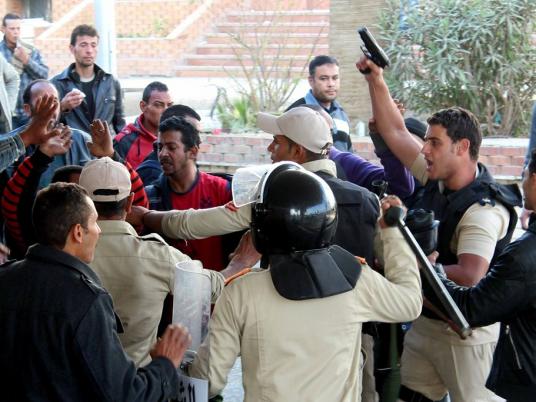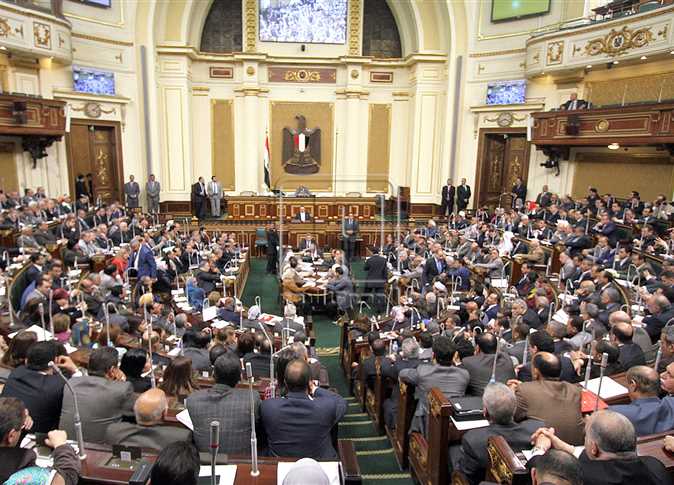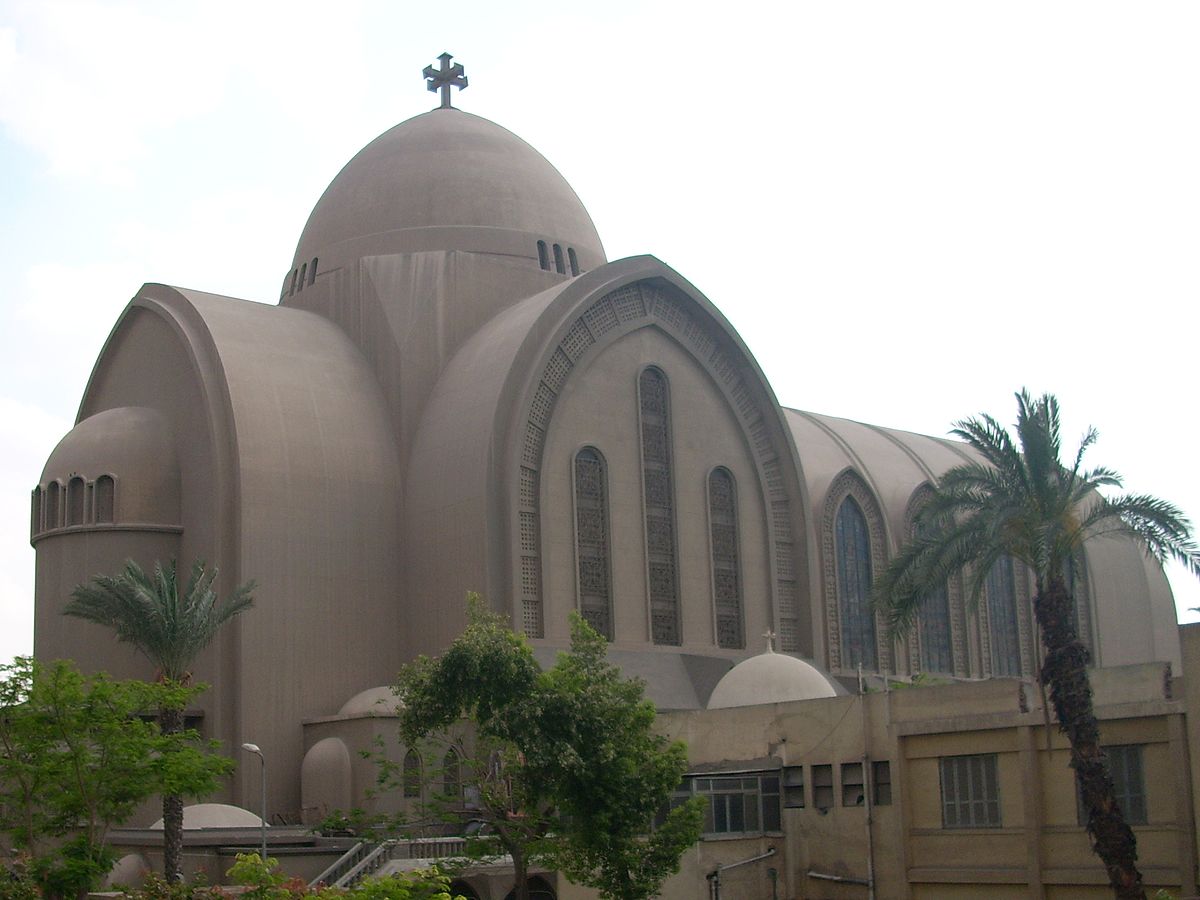
At least eight deaths were reported in the Suez Governorate late Friday, as well as one death in Ismailia, according to medical and security sources in the area, after protests there turned violent on the day marking the 25 January 2011 uprising, where the first martyr also fell in Suez.
Reports say armed forces have been deployed in Suez to secure strategic institutions. Armed Personnel Carriers and army vehicles were sighted in the governorate.
Sources told Al-Masry Al-Youm that six protesters and two security forces have been killed in the clashes. Officials also said 280 people have been injured in the city, according to Reuters.
There are also reports of a death in Ismailia, raising the death toll to nine in two governorates.
The Health Ministry has reported only seven deaths, and more than 450 injuries in separate governorates.
There were calls for major protests in Upper Egypt, Nile Delta and the North Coast, including the governorates of Aswan, Qena, the Red Sea, Assiut, Minya, Gharbiya, Kafr al-Sheikh, Damietta, Daqahlia, Suez and Alexandria.
By mid-afternoon, protests quickly turned violent in cities across the nation.
Numerous injuries have been reported nationwide and clashes are ongoing in Suez, Alexandria and in Cairo's Tahrir Square.
Hundreds of protesters stormed the front gate of the Kafr al-Sheikh Governorate headquarters on Friday evening. They demanded that the head of the governorate's security directorate hand over the building completely, or they would escalate their actions.
The protesters said a revolutionary committee would take control of the directorate.
They also demanded that Kafr al-Sheikh Governor Saad al-Husseiny, the FJP's former MP of the dissolved Parliament, step down, and chanted anti-Brotherhood slogans.
Meanwhile in Suez Governorate, 12 police officers were injured in the ongoing clashes between protesters and security forces, said Suez Security Directorate head Major General Adel Refaat.
Clashes continue to escalate in the area on Friday evening, as police forces fire barrages of tear gas canisters and protesters set fire to car tires.
Earlier in the day thousands flocked to Arbaeen Square after Friday prayers, chanting slogans against the Brotherhood. Heightened security measures were implemented around government institutions there.
The protests quickly turned violent when hundreds of demonstrators allegedly tried to storm the governorate headquarters in the afternoon, pelting security forces with rocks. Police responded by firing tear gas canisters into the crowd.
Hit-and-run operations between the two sides continued throughout the day outside the municipal building and in the surrounding streets.
Demonstrators chanted, "Bread, freedom, the president lost legitimacy," and held banners reading: "Two years since the revolution, and Egypt still needs another revolution," "The Brotherhood gave up the cause," and "The revolution continues."
Dozens stormed the FJP office in Damanhur, capital of Beheira Governorate in the Delta. Protesters smashed the contents of the office and tore down its banner, then hurled stones at the Central Security Forces to prevent them from approaching.
Hundreds of protesters also clashed with security forces near President Mohamed Morsy's home in Sharqiya on Friday afternoon. Protesters hurled Molotov cocktails and rocks at the police, who responded with tear gas.
Violence also broke out in Ismailia when hundreds stormed the FJP's headquarters in Ismailia City. They reportedly destroyed the office's entrance, then ripped apart the furniture and computers and threw them into the street.
Security forces fired tear gas to disperse the protesters, causing some to be hospitalized for suffocation.
In Beni Suef Governorate, protesters blocked the railways, causing a complete halt of train traffic between Cairo and Aswan. Similar incidents occurred in Gharbiya Governorate, in the cities of Mahalla and Kafr al-Zayat.
After Friday prayers in North Sinai's Arish City, hundreds gathered in front of Al-Refaei Mosque to demand the fall of the regime and the Muslim Brotherhood's supreme guide.
Protesters chanted against President Mohamed Morsy and the Brotherhood, proclaiming that the revolution would continue until the goals of the revolution are achieved. They condemned the government's alleged "begging and resorting to Qatar."
Islamist forces began to clash with the protesters, until bystanders intervened and convinced the Brotherhood supporters to leave the mosque.
Protests also transformed into violent confrontations in Alexandria Governorate by Friday afternoon.
Ambulances have transferred dozens of injured protesters to hospitals from the area surrounding the Kom al-Dikka municipality building.
Security forces have been engaged in violent combat with protesters there, who were allegedly trying to storm the municipal building. Reported injuries include suffocation from heavy clouds of tear gas fired by the Central Security Forces and wounds resulting from stone throwing battles. There are also reports of birdshot injuries.
Attacks and retreats between police and protesters continue in the streets surrounding the building.
Also in Alexandria Governorate, in Manshiya, hundreds of protesters reportedly besieged the court complex. Al-Ahram reported that gun shots were heard inside the complex. Security forces have been stationed around the area.
Protesters also allegedly tried to storm the Manshiya Police Station, Al-Ahram said. They hurled stones while police, trapped on the building's roof, fired gunshots into the air.
Earlier this afternoon in Alexandria, masked protesters stopped the trams as they prepared to set the stage for a mass demonstration. The protesters identified themselves as the "Ultras Freedom Eagles," and said this was just the first of many escalating actions they would take today. There were about 10 of the protesters, each wearing black masks. They used traffic control barricades to block the tram lines.
Another group of masked protesters dressed in black also blocked the corniche in Alexandria, forcing traffic to reroute.
A similar group calling itself the Black Bloc made its first appearance in Cairo on Thursday. They appeared in black outfits and masks, and clashed with police forces at Qasr al-Aini Street. The group stated that it would target the police if they used violence against protesters.
A number of political forces announced an open-ended sit-in in Al-Khaledien Garden in front of the Al-Qaed Ibrahim Mosque in Alexandria to demand the fall of the regime, and denounce what they called the Brotherhoodization of state. The Congress Party, Tagammu Party and other political movements are participating.
Protesters set up two tents, claiming that there numbers would increase after prayers. They stressed they would not break up their sit-in before their demands are met.
Dozens gathered outside the mosque to check the ID cards of those coming to join the sit-in. An ambulance was present, but as of Friday morning there were no police in the area.
Sources close to Sheikh Ahmed al-Mahalawy, the mosque's imam, said Mahalawy would not deliver Friday sermon because he is recovering from mouth surgery. Furthermore, the source said, Mahalawy had wanted to deliver the sermon, but some advised him not to in order to prevent clashes.
A number of activists and political forces in Alexandria announced on Facebook they would stage several protests and marches, including a march from Sharq al-Madina Mosque opposite the Two Saints Church, and a march from Bakous district.
Elsewhere, three different marches from different areas in Ismailia arrived at the central Mamar Square this afternoon. Protesters chanted, "Down with the supreme guide's rule" and "people want to topple the regime."
In Mansoura, the capital of Daqahlia Governorate, six marches kicked off after Friday prayers. Hundreds of protesters chanted against the regime and demanded immediate policy reform, particularly concerning the economy.
The Dostour, Strong Egypt, Nasr and Popular Current parties led four marches, while the April 6 Youth Movement and the Revolutionary Socialists led the other two, chanting "one hand." The atmosphere became tense when one march passed a Muslim Brotherhood-sponsored fair handing out food to celebrate the revolution.
"We are here today to celebrate the anniversary of the revolution, and make it clear to the government that things are still as they were before the revolution," said Ayman al-Diasty, chief of the April 6's media committee.
All six marches converged at the Martyrs' Square in the center of Mansoura by 4:30 pm, joining almost 3,000 protesters who were already in place.
Dr. Mohamed Ghoniem, a well-known surgeon and founder of the Ghoniem Nephrology Center, refused to give a speech, saying: “We’re all here today as equals, and we all know the purpose of our presence.”
The surrounding protesters cheered and chanted, “The people want to bring down the regime."
However, protesters in the square did engage in a debate about their actual goal — whether it was the complete fall of the regime, or just the dissolution of the Cabinet, which could be replaced with a technocratic one.
“The liberals still don’t have a candidate for the presidential post,” said Mohamed Adel, an activist. He claimed that even if the Brotherhood did step down from power, they would end up being reelected, as the majority of the people weren't informed about other options.
Protester Nada Tarek discussed the results of the presidential election, saying "Hamdeen Sabbahi and [Abdel Moneim] Abouel Fotouh both got a lot of votes. I'm not saying that we have to elect one of them, but I’m trying to clarify that when the people have the choice now that they know how the Brotherhood acts when in charge, they will make sure to take the right decision.”
The debate was interrupted by more chants as protesters prepared to divide into two groups to march through Mansoura again.
Edited translation from Al-Masry Al-Youm




